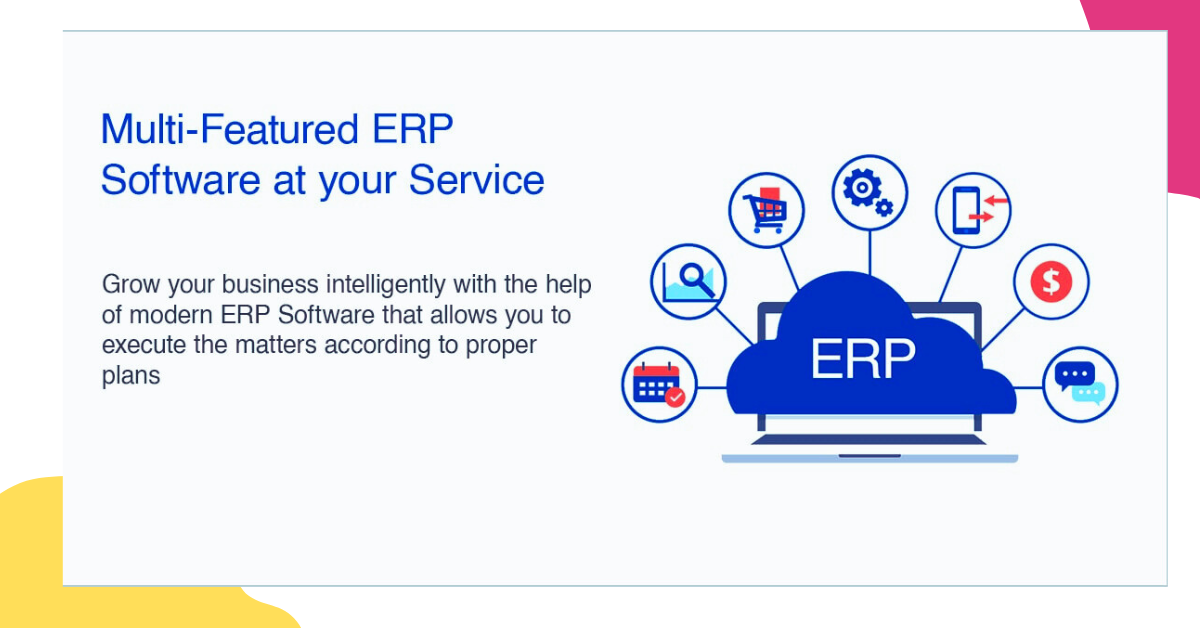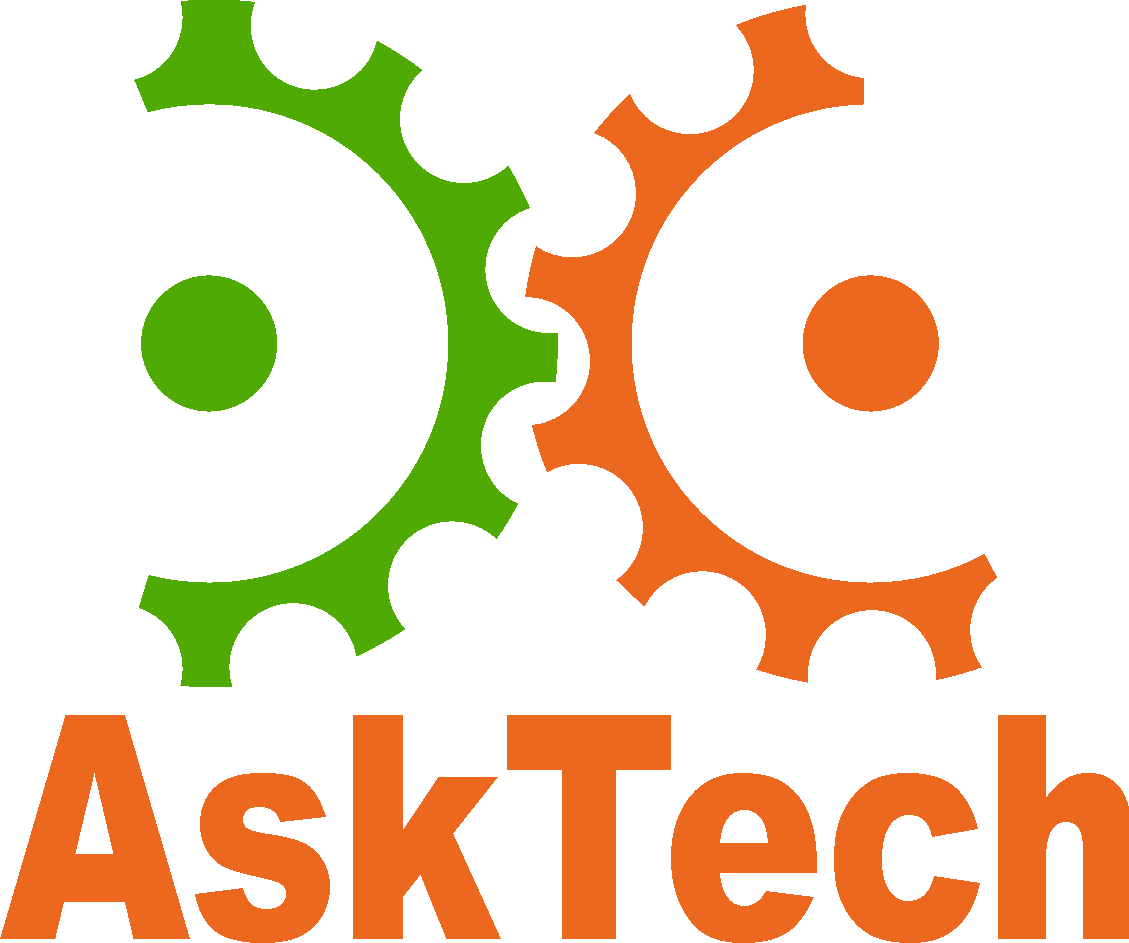Integration of eCommerce and ERP is critical for businesses that are looking to streamline their operations and improve their bottom line as a result. If the integration is to be effective, it must have knowledge of eCommerce and ERP integration and be properly integrated into the existing business infrastructure of the organization in order for it to be successful. I regret to inform you that integrating these two systems can be a difficult process.
In this blog, we will delve into the significance of eCommerce and ERP integration, exploring the benefits it offers and the transformative impact it can have on businesses of all sizes. Join us as we uncover how this integration empowers companies to optimize inventory management, automate workflows, and gain real-time insights for better decision-making. Whether you’re a small business or a large enterprise, embracing eCommerce and ERP integration is the key to unlocking growth and success in the digital age. Let’s explore the possibilities together!
The purpose of this blog post is to discuss the challenges associated with eCommerce ERP integration and how to overcome them. Also, we are going to provide some tips as to how to choose the right eCommerce integration for your business ERP system as well.
KEY THOUGHTS
- Automate tasks and scale your business by integrating your ERP with your CMS and eCommerce platform.
- You’ll be able to better serve your customers if you have one central location for all your data.
- If you can’t keep track of all your operations, you need an ERP

What’s an ERP system?
Enterprise resource planning is an acronym for enterprise resource planning. It is a type of software that helps businesses manage their operations more efficiently. Data can be tracked, inventory can be managed, and customer information can be stored using ERP software.
Also, it can be used to automate tasks and simplify the management of financial data. In addition to ERP systems being used by larger businesses, there are also ERP solutions available for small and medium-sized businesses.
How does ERP integration benefit the organization?
The integration of ERP into an online business is essential if the business wishes to operate more efficiently. Integrating your eCommerce store with an ERP system will enable you to automate tasks, track data more effectively, and manage inventory more efficiently. It is also possible to save time and money by integrating ERP systems.
Advantages of ERP integration
Using an ERP system in your business has many advantages. It is possible to save time and money by automating tasks and increasing the accuracy of data with ERP systems. As well as improving your customer service, they can also improve your efficiency.
- Delivered faster
The integration of your eCommerce store with an ERP system can enhance your supply chain management in many ways, from providing real-time data about your orders and inventory to automating tasks, such as managing orders and keeping track of inventory in real time.
Streamlining your orders will help you ensure a better customer experience and satisfaction by avoiding stock outs and backorders, thus ensuring a more seamless purchase experience.
A study published by the Aberdeen Group found that ERP systems can increase the number of on-time deliveries by 24%.
- Support for customers
As omnichannel shopping becomes more and more sophisticated, your customers can have many different touch points with your brand: Website, app purchase, in-store… As a business, you want to provide your customers with the same great shopping experience no matter how they choose to shop for your products.
Integrating eCommerce platforms with an ERP system is one of the most important components of transferring client information and orders for fulfillment from online to offline, and vice versa, when transferring client information and orders. The goal here is to make sure that your consumers have the same high-quality omnichannel experience regardless of where they shop.
Additionally, since customer profiles, purchase histories, price tiers, order preferences, payment details, and more are all readily accessible in one central location, you will be able to serve your customers better since the information about them is available in one location.
- Savings on costs
Cost savings result from better customer service and improved fulfillment. Using ERP software can reduce operational and administrative costs by 23% and 22%, according to Aberdeen Group research.
The cost savings factor of an ERP is heavily influenced by inventory planning and management. As a result of switching to Genius ERP for inventory tracking, Motrec Industries saved $400,000.
- Reporting and Processes for Business
In addition to consolidating all of your data in one place, a good Enterprise Resource Planning system will also include robust business intelligence (BI) tools to allow you to analyze that data so that you can make informed decisions. This means that by making use of this solution, you will be able to generate actionable reports that will all help you to increase the efficiency and productivity of your business, and in turn, you will be able to make better business decisions as a result of these reports.
Reports are usually pre-built into ERP systems in order to provide users with a comprehensive and straightforward view of the information. Using these reports, you will have an easy time monitoring your key performance indicators (KPIs), assessing your operations, and spotting problem areas in your company. In order to steer your company in the best possible direction, you need accurate information.
- There is only one source of truth
An important benefit of ERP integration is that it can provide you with a single source of truth for your data. As a result, you will no longer have to worry about data being entered incorrectly or being lost in multiple systems. Your data can be trusted to be accurate and current when it is in one place.
By integrating your eCommerce and ERP systems seamlessly, you will be able to make better business decisions and improve your forecasting and planning capabilities.
- Losing track of customer data
Your customer base is growing every day, so it becomes harder and harder to maintain an accurate picture of what your customers prefer and what they buy. ERP systems can be helpful in this area, and this is where they can help.
An ERP allows you to centralize all of your customer data in one place, which allows you to easily segment them and target them with personalized marketing campaigns based on the information they provide. There is a possibility that this will result in more sales and repeat business.
Orders are difficult to keep track of
You may find it difficult to fulfill orders on time if your current process is no longer scalable, and it’s a sign that your current process is no longer working for you. You can make your order fulfillment process as efficient as possible by using an ERP system. In this way, you can meet the demands of your customers.
It is also possible with ERP systems to automate the shipping process, so that you do not have to manually generate labels and track shipments. In addition to saving you a great deal of time and money, though, this can also reduce the risk of making a mistake.
The IT budget is too big
If you find yourself paying for a variety of software solutions (such as an accounting system, inventory management system, and shipping system), you may want to consider using an ERP system rather than multiple solutions. It is important to keep in mind that ERP systems are designed to be comprehensive, so as a result, they can replace most (if not all) of your existing software.
It will not only save you money on software costs, but it will also make your life easier since you will only have to deal with one system instead of multiple systems, making it easier for you to keep tabs on your business.
AskTech eCommerce solution and ERP
If your ERP system has an API, AskTech can interface with it directly to call or push the information you need. Microsoft Dynamics and SAP are just two prominent platforms with which we’ve already established API-level interfaces. However, you can be stuck with an old system that doesn’t support APIs. In this case, connecting to and exchanging information with AskTech is possible via secure FTP or CSV files.
Conclusion
In today’s market, the customer has higher expectations than ever before! Several eCommerce companies are trying to improve the browsing, buying, and shipping process so that it is more convenient, quick, and personalized for their customers. The benefits of ERP integration are numerous, but one of the most common benefits is the improvement of customer relationships. With ERP, businesses can improve fulfillment, gain more data-driven insight, communicate better, save money, and improve processes.
B2B eCommerce companies need ERP system integration to monitor progress and improve.
